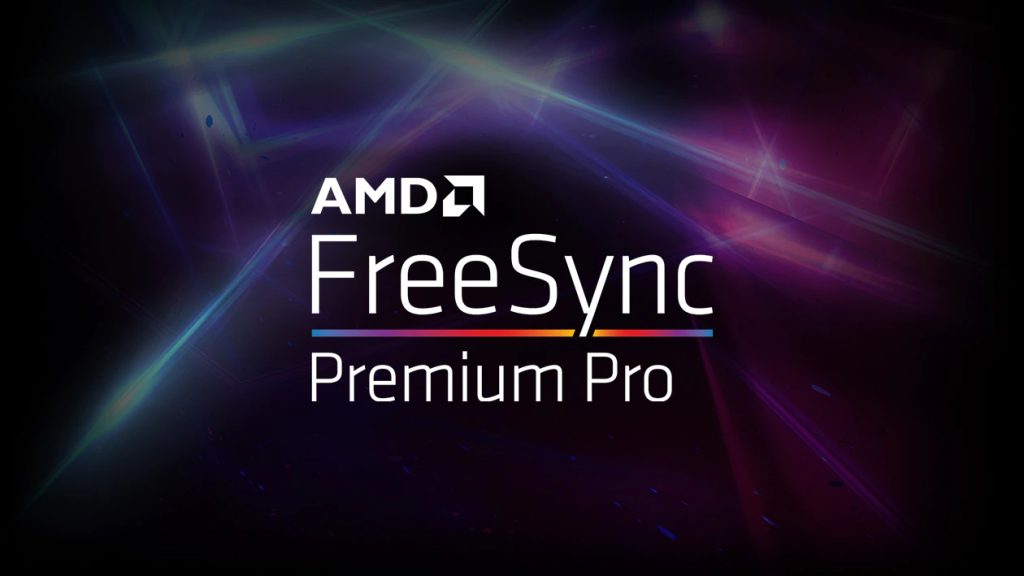Recent Linux graphics driver patch notes have revealed new details about AMD's next upgrade for FreeSync. Soon, AMD may introduce a feature called FreeSync Panel Replay, which could act as a replacement for Panel Self Refresh.
In 2021, AMD introduced support for Panel Self Refresh, a feature that was already supported by Intel and Nvidia by that time. AMD's support for PSR began with DCN 3.1 and newer architectures, such as the AMD Rembrandt APU series.

If you don't know what Panel Self Refresh is, let's first go through the fundamentals. In certain scenarios, users may experience the display showing the same frame without any actual changes. This commonly occurs between mouse or window movements when using office applications with static content. Even with FreeSync, which can reduce GPU utilisation by lowering the refresh rate in sync with the monitor, the screen is still refreshed multiple times.
Without PSR, requesting new frames prevents certain components of the GPU from powering down, resulting in higher power consumption. To improve upon PSR, AMD (patch notes via Phoronix) is apparently working on a feature called FreeSync Panel Replay. This new feature works similarly to PSR, but unlike the older technology, the source and sink (display) are timing synchronised. This improves latency and provides easier control of the display refresh rate. By reusing pixel and frame data, power draw can be reduced as the GPU and the display don't need to be powered on.
Discuss on our Facebook page, HERE.
KitGuru says: The FreeSync Panel Replay technology will primarily benefit mobile platforms, where saving power is more important. Still, it remains unclear what GPUs will be compatible with this feature.
 KitGuru KitGuru.net – Tech News | Hardware News | Hardware Reviews | IOS | Mobile | Gaming | Graphics Cards
KitGuru KitGuru.net – Tech News | Hardware News | Hardware Reviews | IOS | Mobile | Gaming | Graphics Cards


